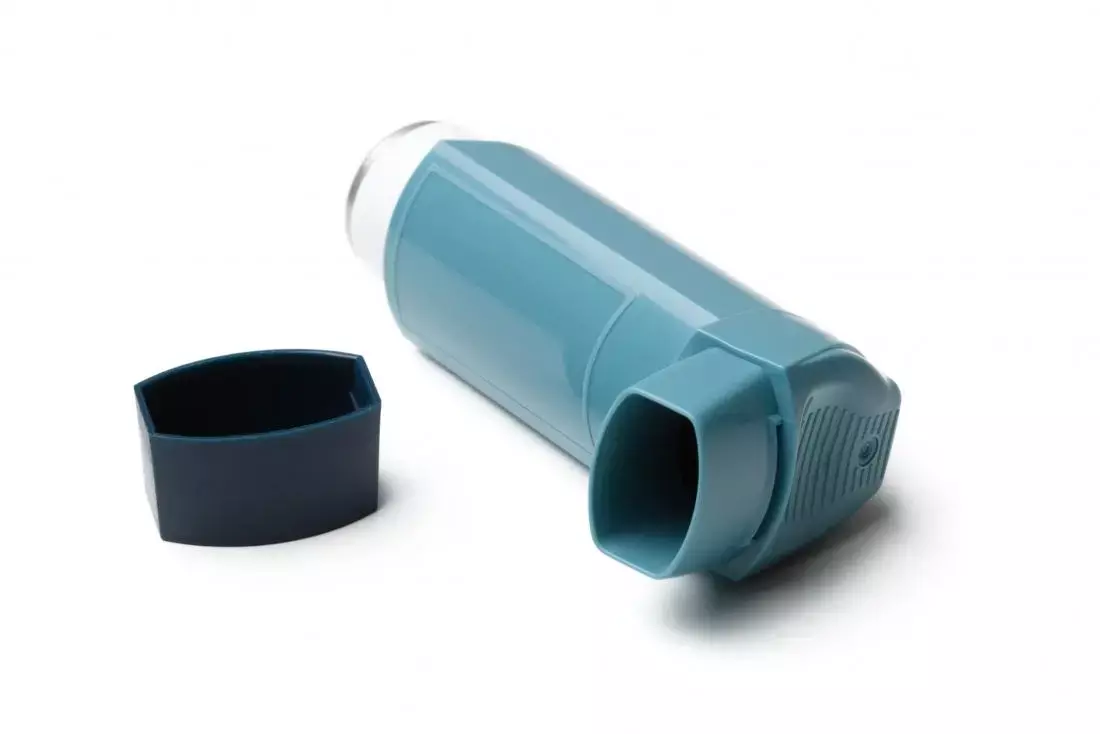- Home
- Medical news & Guidelines
- Anesthesiology
- Cardiology and CTVS
- Critical Care
- Dentistry
- Dermatology
- Diabetes and Endocrinology
- ENT
- Gastroenterology
- Medicine
- Nephrology
- Neurology
- Obstretics-Gynaecology
- Oncology
- Ophthalmology
- Orthopaedics
- Pediatrics-Neonatology
- Psychiatry
- Pulmonology
- Radiology
- Surgery
- Urology
- Laboratory Medicine
- Diet
- Nursing
- Paramedical
- Physiotherapy
- Health news
- Fact Check
- Bone Health Fact Check
- Brain Health Fact Check
- Cancer Related Fact Check
- Child Care Fact Check
- Dental and oral health fact check
- Diabetes and metabolic health fact check
- Diet and Nutrition Fact Check
- Eye and ENT Care Fact Check
- Fitness fact check
- Gut health fact check
- Heart health fact check
- Kidney health fact check
- Medical education fact check
- Men's health fact check
- Respiratory fact check
- Skin and hair care fact check
- Vaccine and Immunization fact check
- Women's health fact check
- AYUSH
- State News
- Andaman and Nicobar Islands
- Andhra Pradesh
- Arunachal Pradesh
- Assam
- Bihar
- Chandigarh
- Chattisgarh
- Dadra and Nagar Haveli
- Daman and Diu
- Delhi
- Goa
- Gujarat
- Haryana
- Himachal Pradesh
- Jammu & Kashmir
- Jharkhand
- Karnataka
- Kerala
- Ladakh
- Lakshadweep
- Madhya Pradesh
- Maharashtra
- Manipur
- Meghalaya
- Mizoram
- Nagaland
- Odisha
- Puducherry
- Punjab
- Rajasthan
- Sikkim
- Tamil Nadu
- Telangana
- Tripura
- Uttar Pradesh
- Uttrakhand
- West Bengal
- Medical Education
- Industry
Mepolizumab effective in Allergic and Non-Allergic Asthma: Study

Mepolizumab Shows Real-World Efficacy in Allergic and Non-Allergic Asthma suggests a new study published in the Annals of Allergy, Asthma and Immunology.
Eosinophilia provides a common denominator for overlapping allergic and non-allergic asthma phenotypes and offers a basis for the efficacy of mepolizumab. While the efficacy and safety of mepolizumab in severe asthma are well-documented, comparative effectiveness data among allergic and non-allergic phenotypes is limited. This study compared the impact of treatment with mepolizumab on patients with allergic versus non-allergic asthma.
This was a retrospective cohort study using administrative claims data from Optum Research Database. The study population included patients with asthma (>=6 years) initiated on mepolizumab between January 2016–December 2019. The asthma exacerbation rate and OCS use were assessed in both the 12 months before (baseline period) and 12 months following (follow-up period) mepolizumab initiation. Allergic status was ascertained using diagnosis codes, medication use and lab test results.
Results:
In total 240 (44.6%) allergic and 298 (55.4%) non-allergic asthma patients met eligibility criteria.
The mean (SD) asthma exacerbation rate was substantially reduced from baseline to follow-up for both allergic asthma and non-allergic asthma patients
Significant reduction was also observed with regards to mean (SD) count of OCS claims from baseline to follow-up for patients with allergic and non-allergic asthma
No significant differences were observed between cohorts in the decreases in asthma exacerbations or counts of OCS claims from baseline to follow-up.
This study supports the real-world effectiveness of mepolizumab for the treatment of severe asthma with allergic and non-allergic phenotypes.
Reference:
Silver J, Steffens A, Chastek B, Deb A. Real world effectiveness of mepolizumab in patients with allergic and non-allergic asthma. Ann Allergy Asthma Immunol. 2022;125(5):S42-43. doi:10.1016/j.anai.2022.08.624
Dr. Shravani Dali has completed her BDS from Pravara institute of medical sciences, loni. Following which she extensively worked in the healthcare sector for 2+ years. She has been actively involved in writing blogs in field of health and wellness. Currently she is pursuing her Masters of public health-health administration from Tata institute of social sciences. She can be contacted at editorial@medicaldialogues.in.
Dr Kamal Kant Kohli-MBBS, DTCD- a chest specialist with more than 30 years of practice and a flair for writing clinical articles, Dr Kamal Kant Kohli joined Medical Dialogues as a Chief Editor of Medical News. Besides writing articles, as an editor, he proofreads and verifies all the medical content published on Medical Dialogues including those coming from journals, studies,medical conferences,guidelines etc. Email: drkohli@medicaldialogues.in. Contact no. 011-43720751


